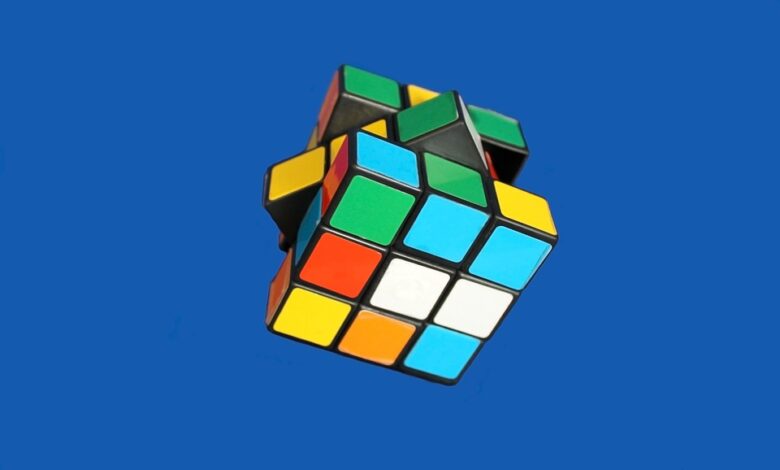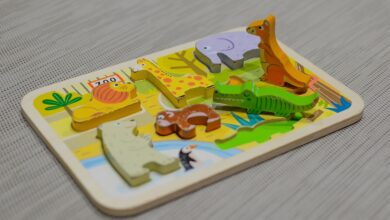Puzzle Games for Mental Muscle Building: The Science Behind How We Learn

First and foremost, puzzle games engage our brains. When we are faced with a problem to solve, our brains enter a state of active learning. This process involves the brain’s cognitive functions, such as attention, memory, and reasoning, coming together to find a solution. The more we engage these cognitive functions, the stronger our mental muscles become.
One key component of puzzle games is the concept of intrinsic motivation. Unlike traditional learning methods, where external rewards are often used to motivate individuals, puzzle games tap into our innate desire for mastery and challenge. When we successfully complete a puzzle or reach a new level in a game, our brains release a surge of dopamine, a neurotransmitter associated with pleasure and reward. This positive reinforcement encourages us to continue playing and learning.
As we progress through puzzle games, we begin to develop cognitive strategies and problem-solving skills. When faced with a new challenge, we draw upon our previous experiences and knowledge to determine the most effective approach. This process is known as transfer of learning, where skills learned in one context can be applied to a new, but similar, situation. For example, if we’ve mastered a certain pattern recognition technique in one puzzle game, we are more likely to spot similar patterns in other games or real-life scenarios.
Furthermore, puzzle games foster the growth of neural connections and plasticity in our brains. When we encounter a new problem, our brains form new connections between neurons to process information and find a solution. With repeated exposure to similar types of puzzles, these connections become stronger, enabling us to solve similar problems quicker and more efficiently. This concept of neuroplasticity, the brain’s ability to reorganize and form new neural connections, highlights the adaptive nature of our brains and their ability to learn and improve.
Additionally, puzzle games often require us to think critically and creatively. They present us with complex problems that require us to think beyond established patterns and solutions. By challenging our minds to think outside the box, puzzle games enhance our creative thinking skills. They encourage us to explore different options, experiment with various strategies, and think flexibly, thereby expanding our cognitive abilities.
Incorporating puzzle games into our daily routine can have numerous benefits for our mental health and well-being. They provide a break from our daily stresses and offer a sense of accomplishment when we successfully solve a challenging problem. Furthermore, puzzle games have been shown to improve cognitive functions, including memory, attention, and problem-solving skills. They have even been linked to a reduced risk of developing age-related cognitive decline, such as dementia.
So, the next time you find yourself engrossed in a puzzle game, remember that you are not just having fun – you are also building your mental muscles. Embrace the challenge, engage your cognitive functions, and enjoy the process of learning and growth that these games offer.





